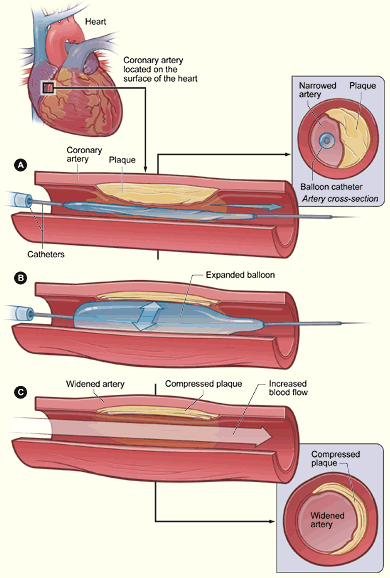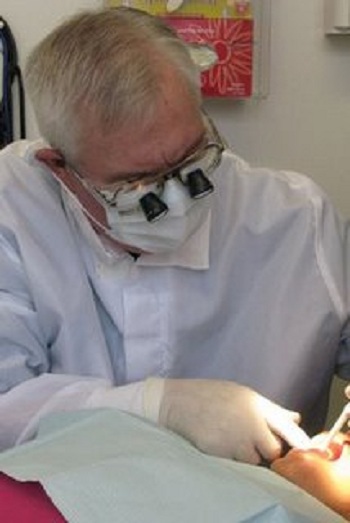Most Americans Fudge on Weight and Height Surveys?
Posted on
When people in the U.S. are asked to provide their weight for research surveys, they underestimate their weight and overestimate their height, despite numerous public reports about increasing rates of obesity. Whites are more likely to do so than Blacks or Hispanics, a new study finds.
Wen and her colleague, Lori Kowaleski-Jones, Ph.D., found that in all ethnic groups, both men and women overestimate their height. Women also under-report their BMI more than men do, and White women are more likely to do so compared to Black and Hispanic women. The authors speculated this was because White women have a stronger social “desire for a lean body” and were more acutely aware of their weight problems. Those who were overweight, in the oldest age group and who had a college education were also more likely to under-report their BMI.
The researchers said, however, the under-reporting bias is “generally small” with the range of difference between measured and self-reported BMI falling within the 1 BMI unit range.
Wen said their results highlight the care that should be taken when making comparisons of BMI across different U.S. socio-demographic groups.
I think it is only natural to flatter yourself in these surveys or underestimate your own pathology.
Unfortuantely, using the My Fitness Pal application with my weight-loss peers, I am brutally honest. And, I have a way to go!




